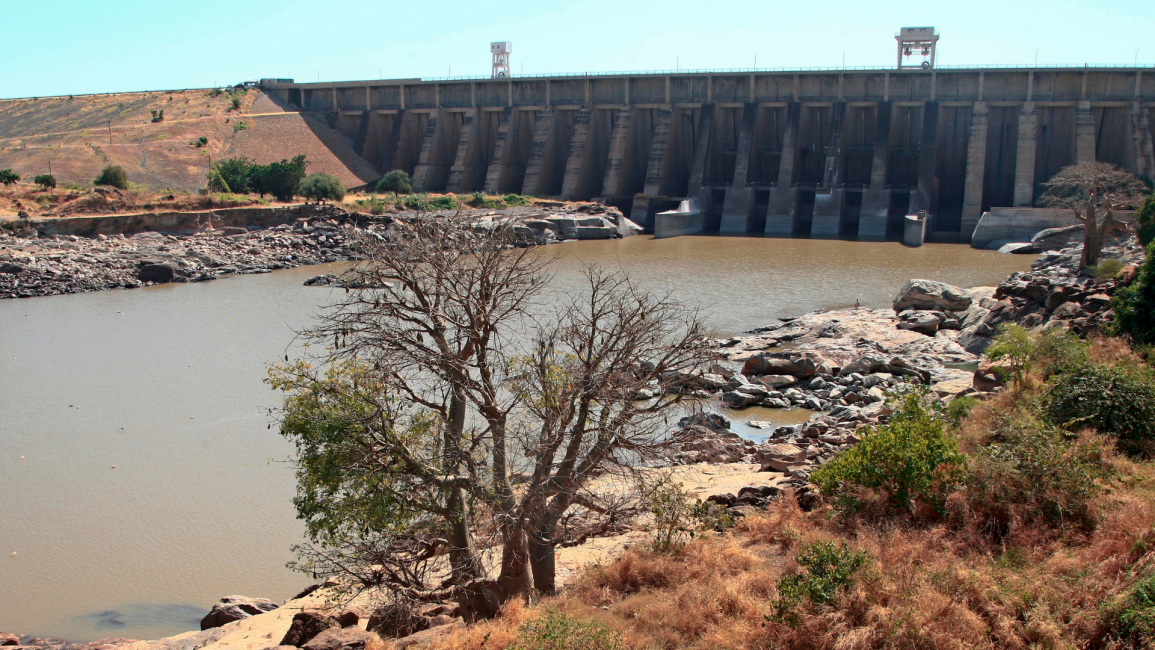Tensions simmer as Ethiopia green lights Renaissance Dam filling
During a meeting with African ambassadors and diplomats in Addis Ababa, the Ethiopian Minister of Energy and Water Seleshi Bekele announced that the country would fill the GERD in July, which may prompt a strong response from Cairo and Khartoum who both lie downstream from the dam and reliant on Nile waters.
The head of the technical department of the Sudanese Ministry of Irrigation and Water Resources, Mustafa Hassan, said "the Sudanese government is completely against filling the dam unilaterally, and Sudan has stipulated a binding legal agreement with Ethiopia".
 |
the The Sudanese government is completely against filling the dam unilaterally |  |
Hassan added that Ethiopia's unilateral decision to initiate the second filling of the dam will affect all activities in the Nile and hinder the functioning of hydroelectric generators and drinking water stations. It will pose a threat to the lives and safety of around half of the Sudanese population living along the riverbanks, he said.
Egyptian sources told The New Arab they were considering withdrawing from the agreement signed in March 2015 due to Ethiopia's actions.
The Khartoum Declaration, also referred to as the “Nile Agreement", was signed by the three heads of state to help resolve the conflict over sharing the Nile waters.
Read also: The geopolitical shadow of Ethiopia's Tigray conflict
The head of the Sudanese Military and Sovereign Council, Abdel Fattah Al-Burhan, said that Ethiopia's insistence on the second filling of the dam - while negotiations are currently underway - will create obstacles in the functioning of the African Union.
Follow us on Facebook, Twitter and Instagram to stay connected



